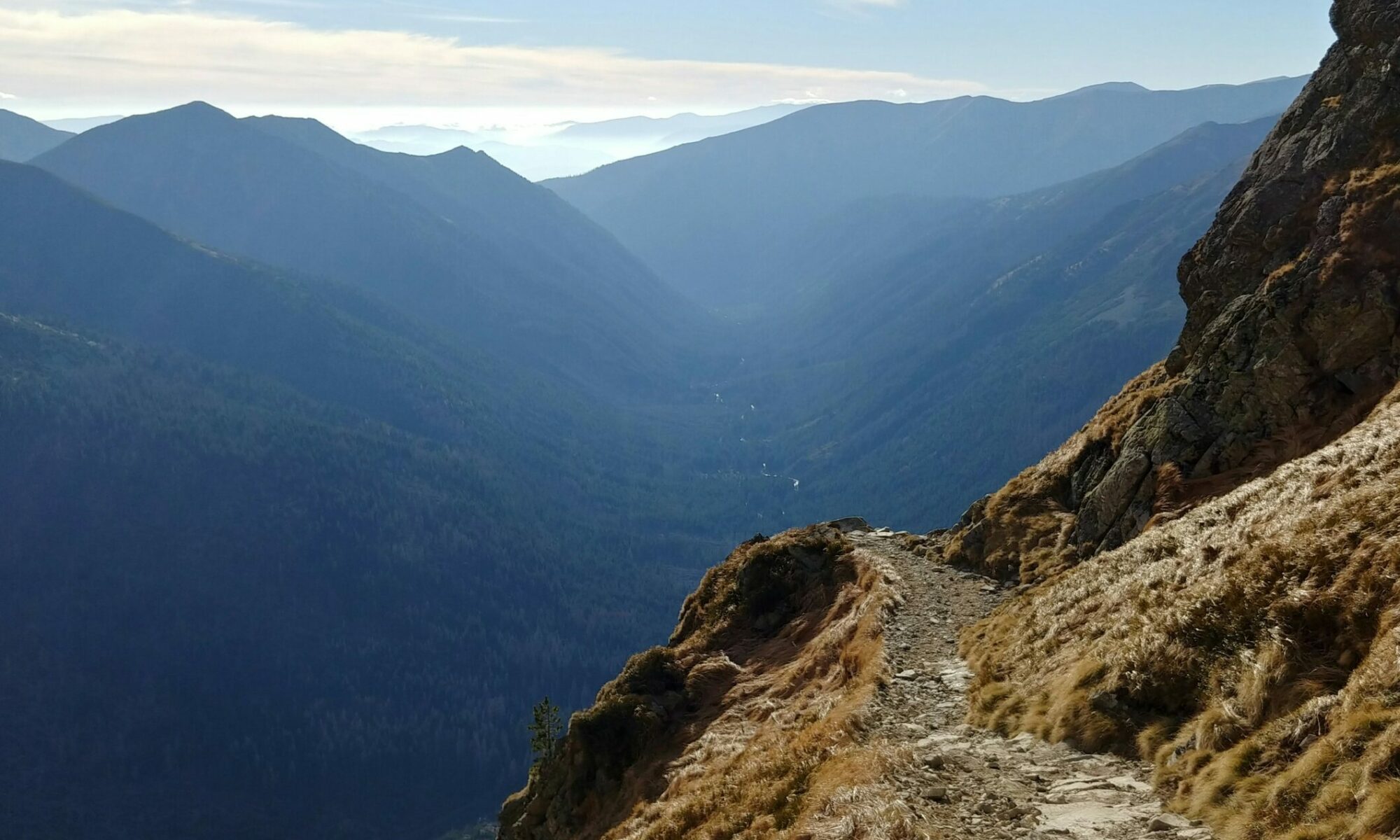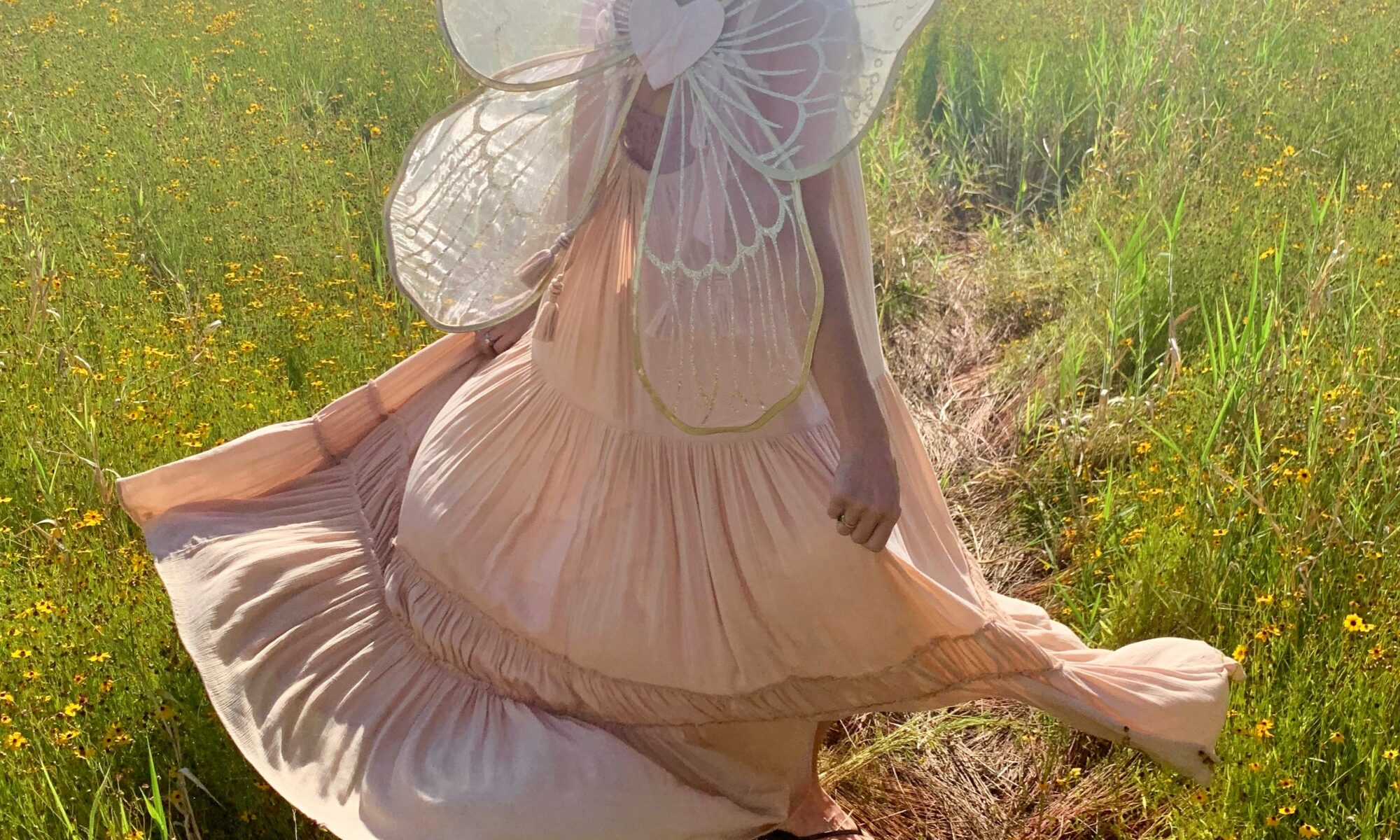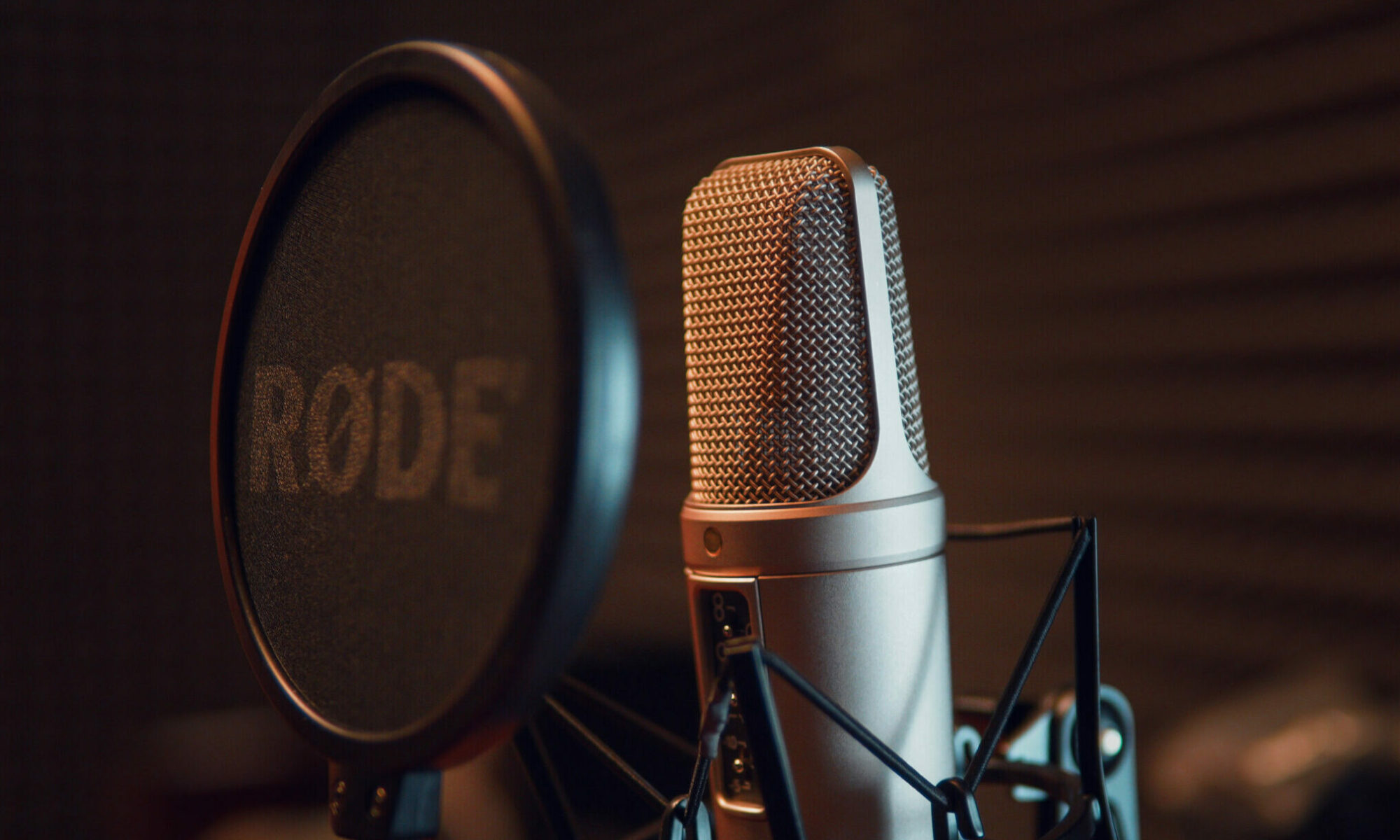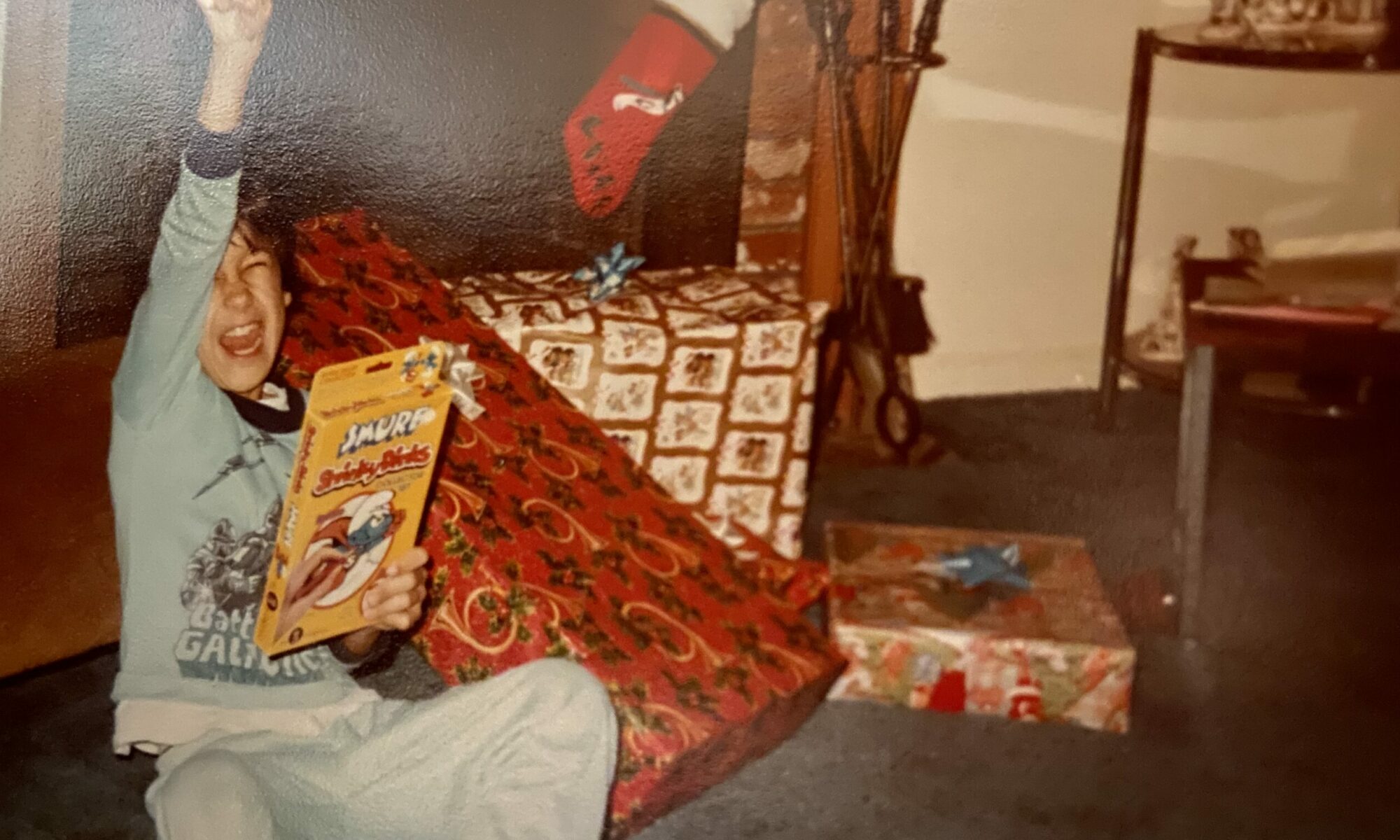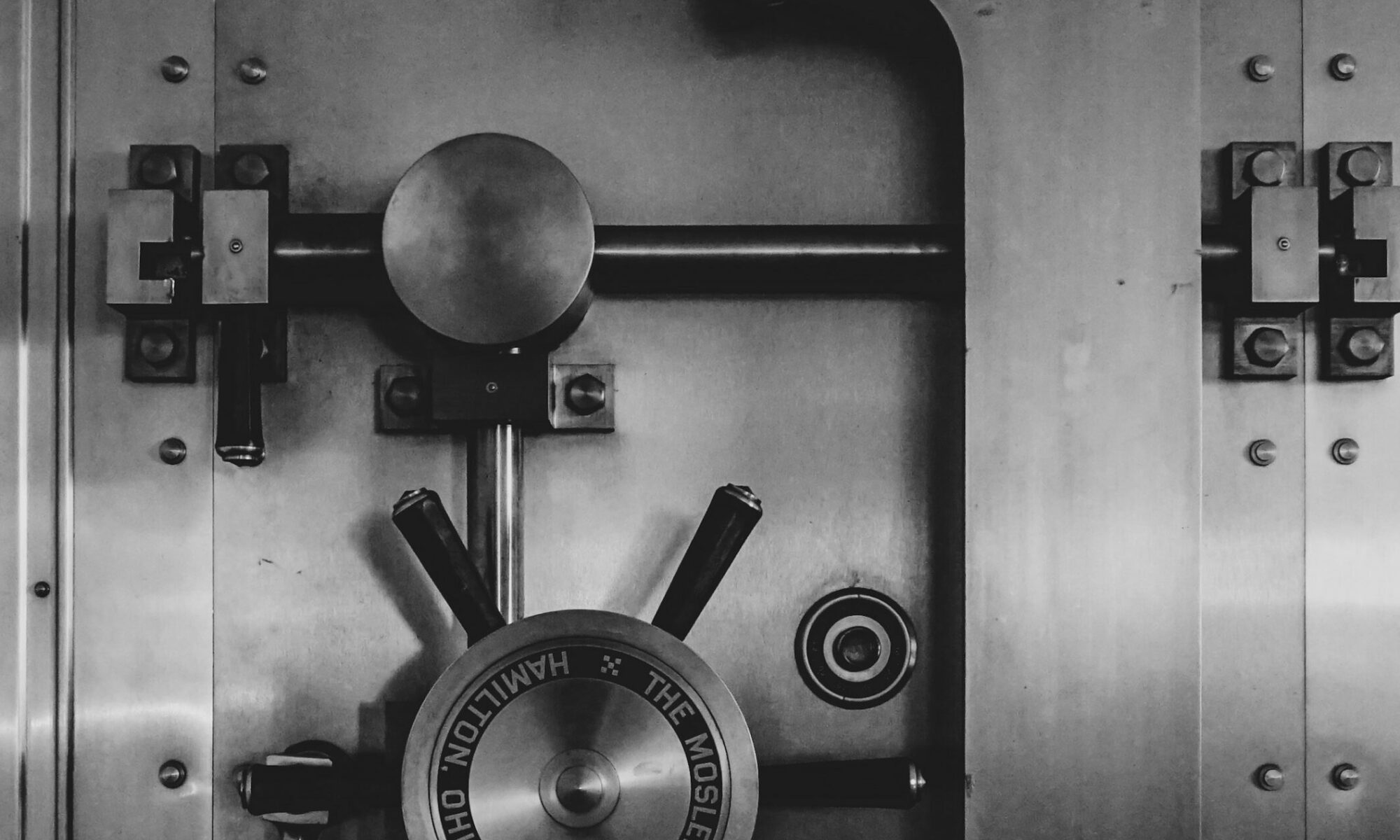I’ve been talking to teens and young adults about the state of our country and the world in general.
“Where do you find hope?” I ask them.
They’re always silent. No quick responses.
WTF. Aren’t the kids supposed to hold hope for the rest of us? Isn’t the younger generation suppose to be unrealistically and annoyingly hopeful?
Instead, they’re already curmudgeons. Most of them are depressed. Like clinically depressed. And these are the smart ones, the thinkers, the kids who are tapped into the news cycle, the ones who discern the sentiment of a generation through thousands of 10-second TikTok clips. Reminds me of those old flip books, where you flip the pages and watch static images come to life and tell a story.
And the story they see is bleak.
Storms and fires in the forecasts
World leaders, deaf, greedy, and unjustly placed
Companies, indifferent, consolidating
Monopolies in every industry
Ads interrupting Art
Wars led by egos
Genocide before our eyes
Colleges, overstuffed and overpriced
Home ownership impossible
Two full-time incomes required to live
Price points tripling
Identities imprisoned
Love regulated
Narcisissists unregulated
Families divided
Dads still leaving (or not staying)
Lies believed
Democracy declining
Disease rates climbing
Smiles covered
Happenstance not happening
Debt climbing
Income stagnating
Layoffs
Overworked
Underemployed
Did I miss anything?
I have to just nod my head as they go through the list. They ain’t wrong. How do you find hope under the weight of all this?
I think back to when I was a teen. Gen X. We were the slacker generation because we walked around the world in a slouch, no real cause, not lucky enough to have a war to fight, or to fight against.
I never thought about the big stuff. Didn’t have to. Not proud of that, but that’s how I was: a slacker. And you know what else I was. I was happy. Happy and hopeful. I think.
Divorce was rampant, Reagan was coming up, with the Clintons and the Bushes not far behind. Regulations were being unbuckled notch by notch as I slept through the news and listened to Nirvana.
I’m not saying ignorance is bliss. Hardly. Ignorance is dying in your sleep.
I didn’t find hope in ignorance.
I found it in the cracks; I just didn’t know I was looking in the cracks. The cracks were my whole world.
A lot of the kids I talked to, when I asked what gave them hope, they said “I don’t know. Maybe this.”
“You mean this conversation?”
“Sort of.”
Is it that simple?
I thought of the drunken floats we used to do down the American River outside of Sacramento. The best part wasn’t the rapids and it wasn’t the drinking. It was the calm moments in between when we’d pull our rafts in close and hook our legs over the sides to talk with each other.
Perhaps this generation feels unlistened to. By everyone. Even each other. Everyone wants a platform and an audience; everyone’s watching each other, but the sense that people are listening. Is that lost?
Is hitting “like” and “subscribe” the same thing as looking someone in the eyes and nodding in support?
The rafts are floating apart. We’re connected by strings attached to cans — a dangerous ruse.
So what is hope?
Being naive enough to think you can change the world?
Or knowing you can’t do a goddamn thing but still trying.
Sorry. Even the hope of this slacker is waning. I’m really trying here, I swear.
Maybe that’s enough. Nirvana and flip books, Doja Kat and Tik Tok.
Maybe the search for hope is enough to keep it alive, a flickering flame, cupped and protected, enough of a thing to hand off.
Even if you don’t know what to do with it.
.



